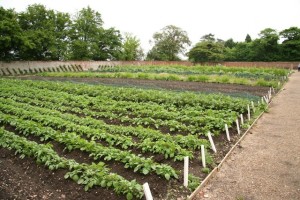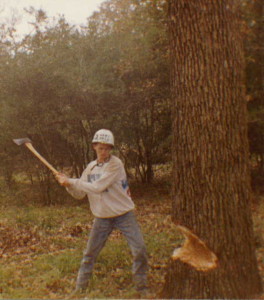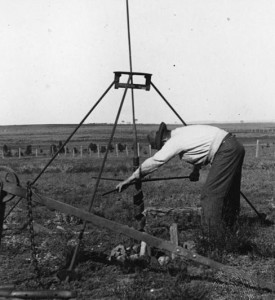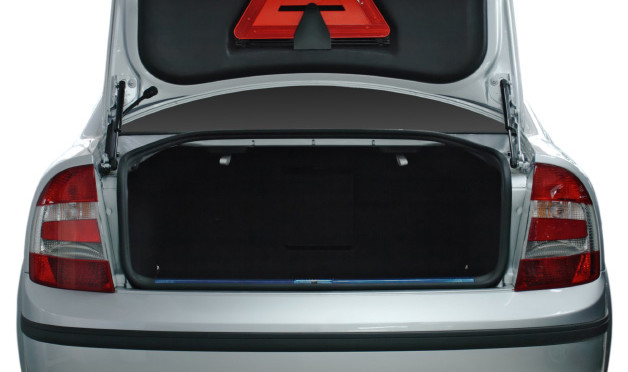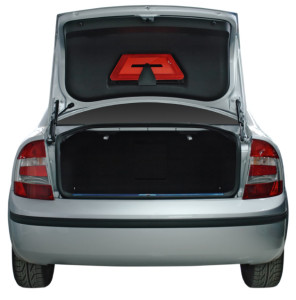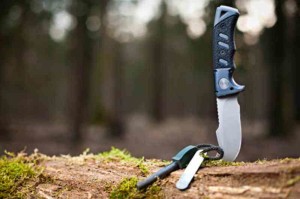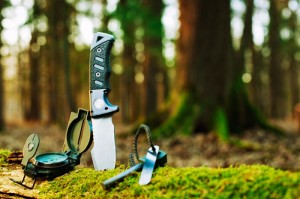If there’s one thing that’s going to worth more than gold and silver post-SHTF, it’s having skills. Having the right ones can be of tremendous help not just directly, for your family, but also indirectly, to barter with.
Bartering your skills is by far the best way to keep your stockpile intact as there’s nothing worse than having to sacrifice your last cans of tuna to get medication.
Doing something in exchange for those antibiotics requires nothing more than your time and you being good at what you do. Plus, there’s no risk of drawing attention to your stockpile (the biggest risk in post-disaster bartering; as you probably know, when you barter, you risk being followed home if someone things you’ve got more than you’re showing).
Now, if you’re not familiar with what bartering is, I suggest you check out an article I wrote a while ago right here. But in this piece I’d like to focus solely on the skills that I think will be the most sought after once Doomsday arrives.
I know gardening is not as exciting as, say… guns but once the dust settles, you’re gonna be using your hoe a lot more than your AR-15. People are going to need to know what to plant, when to plant it, how to use the tools and so on. And let’s not even get into all the disease that could pose serious threats to their crops.
Last but not least, you can borrow not just your knowledge but also your muscle and help out.
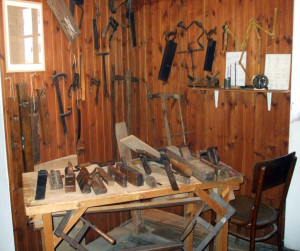 #2. Carpentry and woodworking skills
#2. Carpentry and woodworking skills
With all the shops closed, people are going to turn to the one material that’s free, abundant and helps build homes: wood. Enough said.
#3. Splitting wood
It’s not that people will be incapable to do it themselves but consider the fact that some wives and children will most likely lose their fathers and husbands in the disaster. You could lend a helping hand by simply asking if they need help.
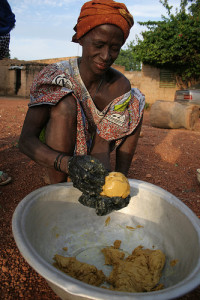 #4. Making homemade soap and detergent
#4. Making homemade soap and detergent
Personal hygiene is often overlooked in our prepping plans. People are going to miss having water at their discretion as well as soap, shampoo and other products that now don’t cost that much. Their hand sanitizers aren’t going to last too long so a viable long-term solution is needed.
There are plenty of recipes for homemade soap and detergent, you can look them up online. The trick, as you probably guessed, is to practice beforehand and not wait for an SHTF scenario.
#5. Butchering an animal
Most men have no idea how to do this. Wouldn’t you rather teach them rather than letting them torture the poor animal? Maybe you can get your share from it at the end…
While cutting trees may be illegal now, it’s going to be mandatory post-collapse. You’re going to need it for firewood, house repairs, building chicken coops and much more.
#7. Making a greenhouse
There’s no better way to take gardening to the next level than to build a greenhouse. The bigger the better, of course. Pretty soon, your neighbors and even strangers are going to line up for you to build them similar ones as well.
If you practice now, you’re going to be known as the greenhouse expert, get more people interested in your skill and getting more supplies in return.
#8. Making a smokehouse
People are going to be looking at various ways to store food in a grid-down situation. Smoking is one of them, but building a smokehouse is not trivial. If you learn to do it for yourself, you can make one for yourself right now. Heck, you can start making them right now if you can find the customers.
Oh, did I mention smoked meat tastes amazing?
#9. Plumbing
When pipes get clogged, that household is in trouble. Practice this skill as it’s not really all that complicated… you just need the right tools.
#10. Working with clay
Logic dictates there’s going to be a shortage of plates, pots, mugs and other recipients. Learning to make them yourself from clay could allow you to supply hundreds of families.
The fact that clean water is going to be a top priority makes me wonder why I didn’t put this skill higher up on the list. Nevertheless, digging your own well is not trivial so you should ask for an expert to show you how it’s done.
#12. Teaching (in general)
Teaching skills are going to be unbelievably useful. The human race is hungry for information, which, right now we have plenty of. But when there won’t be any computers, no more Kindles and no more educational system, someone is going to have to teach children English, math, geography and, of course, survival. Make sure you stash some printed manuals on the topics you’re most familiar with to assist you in your lessons.
Stay safe,
Dan F. Sullivan

